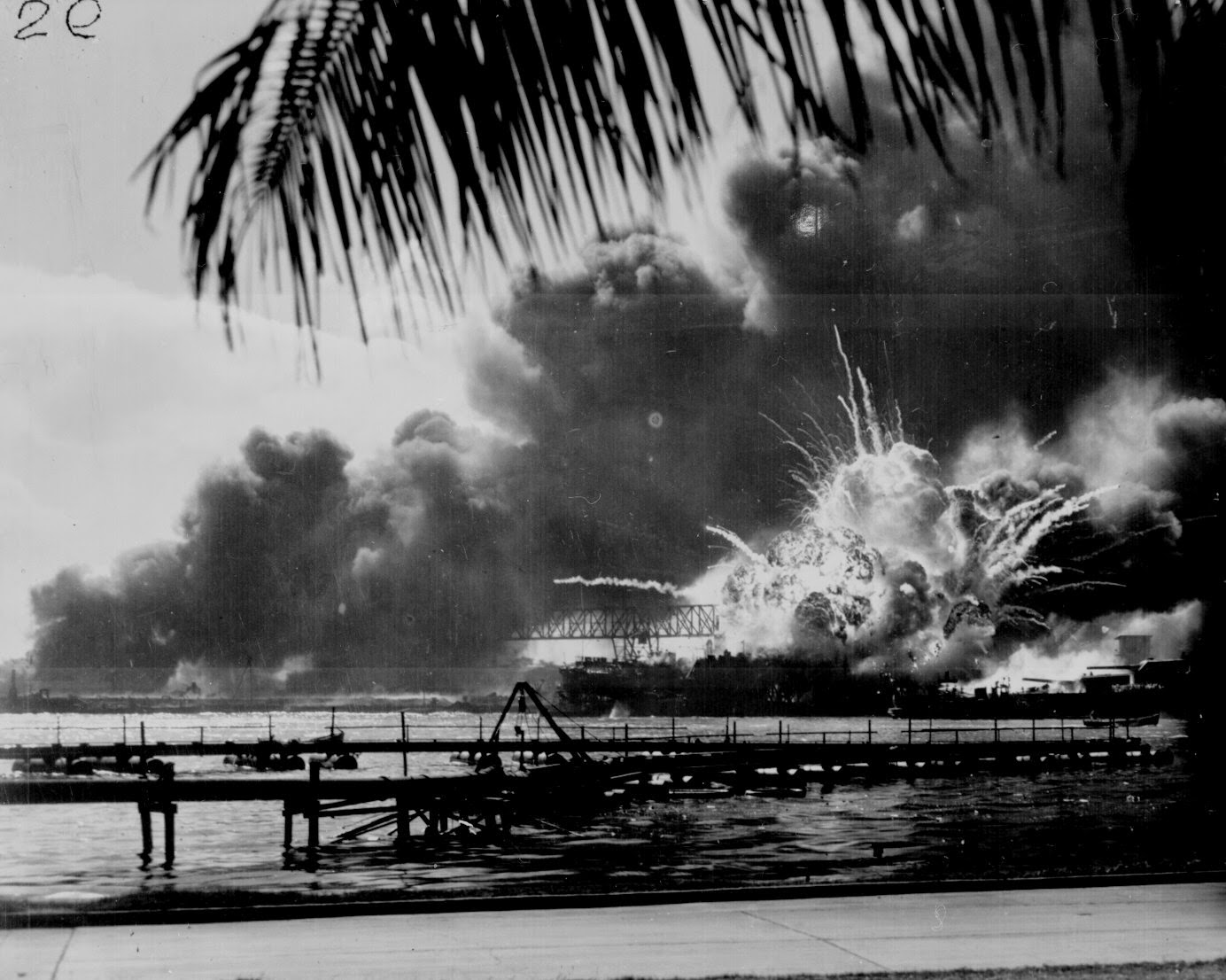The credibility gap was a destructive communication breakdown.
Both parties, the press and the government, were at fault and responsible. How
did this rift come about? Lets look at the events that led to the escalating
spiral of mistrust.
 |
| Courtesy National Archives |
The WWII generation of reporters and government
spokespersons had an unwritten agreement that they would not release
information until told the reporters were told it was ok. They were informed of
the plans of operations before the operations took place. When the reporters
went in with or behind the troops they had a working idea of the big picture.
They held onto their information until they were told it was ok to release,
voluntarily for the security of the soldiers in the field and their missions.
 |
| Courtesy National Archives |
In the early sixties that generation of reporters began to
retire. The new reporters coming in did not have that sense of security. They
felt their job was to uncover whatever they could and be the first to get it in
print.
The government sources withheld information because they did
not trust the media to keep secrets. In the haste for a scoop, security was
breeched and people were killed or captured, instead of completing their
mission.
 |
| Courtesy National Archives |
Kennedy once quipped, “Castro doesn’t need any agents in the
US. All he has to do is read our newspapers”[i]
(Chap 8 ~22:50 on the countdown).
The press did not trust government sources because they
withheld information.
The U.S. government’s spokespersons did not trust the media not
to reveal information that could get men in the field killed.
Part of the rift between the press and the government may
have been the result of Ambassador Nolting’s apparent failure to confront Diem
about the Saigon government’s expelling of American reporters Sully and
Robinson in 1962. The Diem regime was stricter with reporters than the US
censors.
 |
| Courtesy Wikipedia |
While the anger was aimed at the Saigon government, the lack
of satisfaction from the hardened Diem/Ngo regime caused that anger to fly in
the only direction that it could, at the American government and military.
In Part 3 we will look at some other factors. Thanks for
reading.